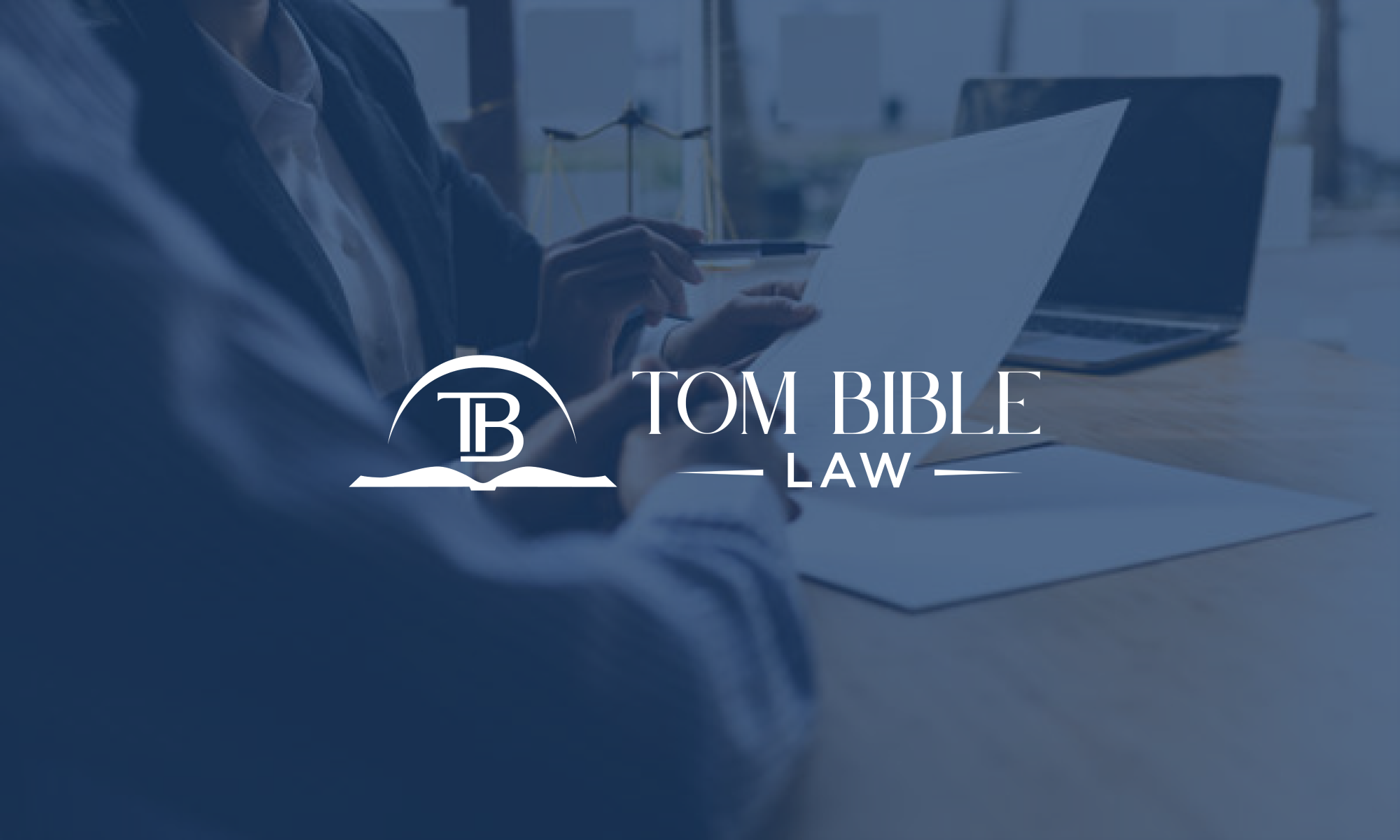One of the most intimidating aspects of bankruptcy is losing financial assets like your savings, vehicles, and home. You may not have to let this happen by exploring various strategies to retain financial assets during bankruptcy. There are multiple ways to protect assets during the bankruptcy process. Talk to a Tullahoma bankruptcy attorney to start figuring out this process today.
Bankruptcy Exemptions
One of the most common ways to protect financial assets during bankruptcy is to check which assets are exempt. There are several federal and individual state bankruptcy exemptions that protect certain financial assets from being sold or taken during bankruptcy. This means you might be able to keep some of your belongings and property despite filing for bankruptcy.
The federal bankruptcy exemptions include homestead property, certain forms of personal property like clothing and appliances, pensions, tools of trade, alimony, child support, insurance, and public benefits. Insurance that can be exempt from bankruptcy includes life insurance in some cases, disability insurance, and unemployment benefits. Public benefits that can be kept include Social Security, Crime Victim compensation, and Veteran’s benefits.
Tennessee bankruptcy exemptions include all of these categories of exemptions but specify in more detail certain monetary limits and types of property that can be kept. For example, Tennessee limits the tools of trade monetary limit to $1,900 and includes specific personal property like schoolbooks and pictures.
Strategies for Keeping Your Home and Car
There are also various legal strategies for keeping other financial assets like your vehicles or home. A reaffirmation agreement can be used to retain property that is deemed secured debt. This most often involves vehicles that can be repossessed by creditors after bankruptcy.
What a reaffirmation agreement can do is stop car repossession by creating a new repayment plan. A deal is made through this agreement that often involves a more affordable repayment plan for the car. As long as this new payment plan is followed, people can often keep their vehicles.
When it comes to keeping homes in bankruptcy, this process involves various options. The homestead bankruptcy exemption may help you keep your home. However, this exemption depends on the home equity and state monetary limits. You may only be able to keep your home if the money left over from this exemption is closer to zero.
Chapter 7 bankruptcy will target unsecured debts, leaving many people with the option to keep their homes and cars. However, this requires the ability to continue making house and car payments. Filing for Chapter 13 bankruptcy creates a repayment plan with the intention of keeping your home and car. Bankruptcy can make mortgage and car payments easier when debt is erased or restructured into a more affordable payment plan.
Contact Tom Bible Law Today
You may not have to lose all your financial assets in bankruptcy. Start by calling us at Tom Bible Law today at 423-874-6628 for a consultation about your financial options related to protecting your financial assets in bankruptcy. Our legal team of Tennessee Bankruptcy Lawyers might be able to help you keep the financial assets you want during bankruptcy. We serve clients throughout the Tennessee cities of Chattanooga, Kingsport, and Tullahoma.


